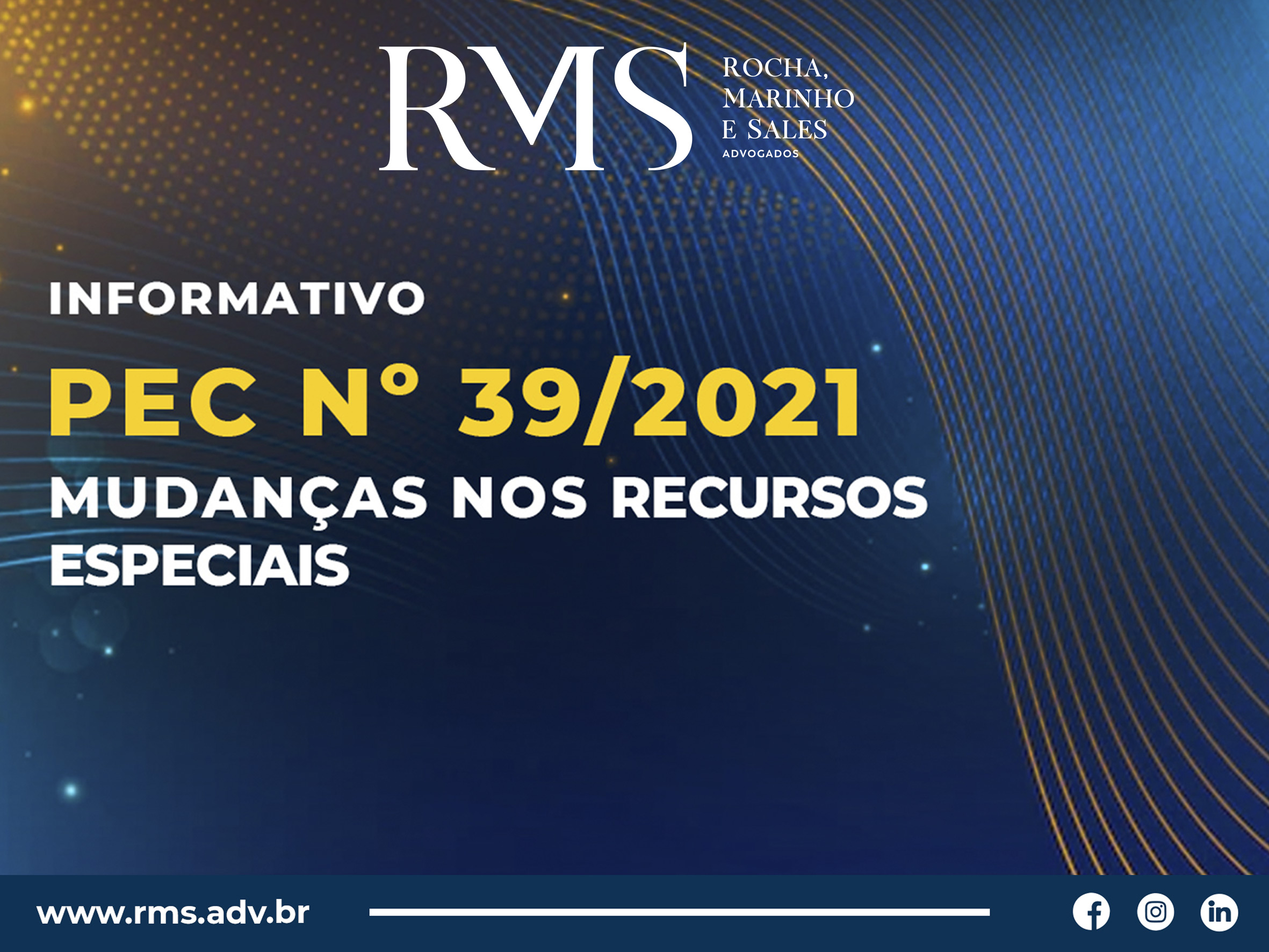Law on electronic signatures in interactions with the Public Power enters into force
15/02/2021

Law No. 14,063 / 2020
At the end of September 2020, Law No. 14.063 / 2020 came into force, resulting from the conversion of Provisional Measure No. 983/2020. The law provides for the use of electronic signatures in interactions with public entities, such as, bodies and entities of the direct, autarchic and foundational administration of the Powers and constitutionally autonomous bodies of the federal entities. In this way, it covers the interaction between public entities and internal to them, as well as that established between natural persons or legal entities under private law and public entities.
On the other hand, Law No. 14.063 / 2020 does not apply to legal proceedings; public bodies’ ombudsman systems; interactions between natural persons or legal entities governed by private law, in which anonymity is permitted and in those in which the identification of the individual is waived. Equally, it is inapplicable to the cases in which a guarantee must be given to preserve the confidentiality of the individual’s identity when acting before the public entity.
The edition of the legal standard was guided by the objectives of simplifying, reducing bureaucracy, digitizing, speeding up and ensuring legal security in different procedures involving the Public Administration, notably those in which the use of electronic signatures is necessary, which serve as support for various documents and transactions in the provision of public services.
The law defines electronic signature as “data in electronic format that link or are logically associated with other data in electronic format and that are used by the signatory to sign”. It also classifies it into three types, according to the level of confidence in the identity and the expression of will of its owner, thus differentiating the forms of interactions with public entities in which the types of electronic signatures are allowed.
The simple electronic signature, which allows the identification of its signatory and attaches or associates data with other data in the signatory’s electronic format, is permitted in interactions with the Public Administration with less impact and which do not involve information protected by degree of confidentiality.
The advanced electronic signature is one that uses certificates not issued by the Brazilian Public Key Infrastructure (ICP-Brasil) or another means of proving the authorship and integrity of documents in electronic form. For that, it is required that it is admitted as valid or accepted by the person to whom the document is opposed, in such a way that it uniquely associates itself with its signatory, uses data for the creation of the signature whose signatory can, with a high level of confidence, operate under its exclusive control and allows the detection of any subsequent modifications. In addition to the hypotheses related to simple electronic signature, it is admitted in the registration of acts before the commercial boards.
The qualified electronic signature uses a digital certificate made available by ICP-Brasil, bearing a presumption of veracity in relation to the signatories. It is mandatory in the issuance of electronic invoices, except those issued by individuals or Individual Microentrepreneurs; in the acts of transfer and registration of real estate, except for those made before the commercial boards; in acts signed by heads of power, ministers of state, holders of power or autonomous bodies of the federal entities; and in other cases provided for by law.
In addition, the deliberative minutes of assemblies, conventions and meetings of legal entities governed by private law that contain qualified electronic signatures must be accepted by legal entities governed by public law and by the direct and indirect public administration belonging to the Executive, Legislative and Judiciary branches.
By: Wilson Sales Belchior




